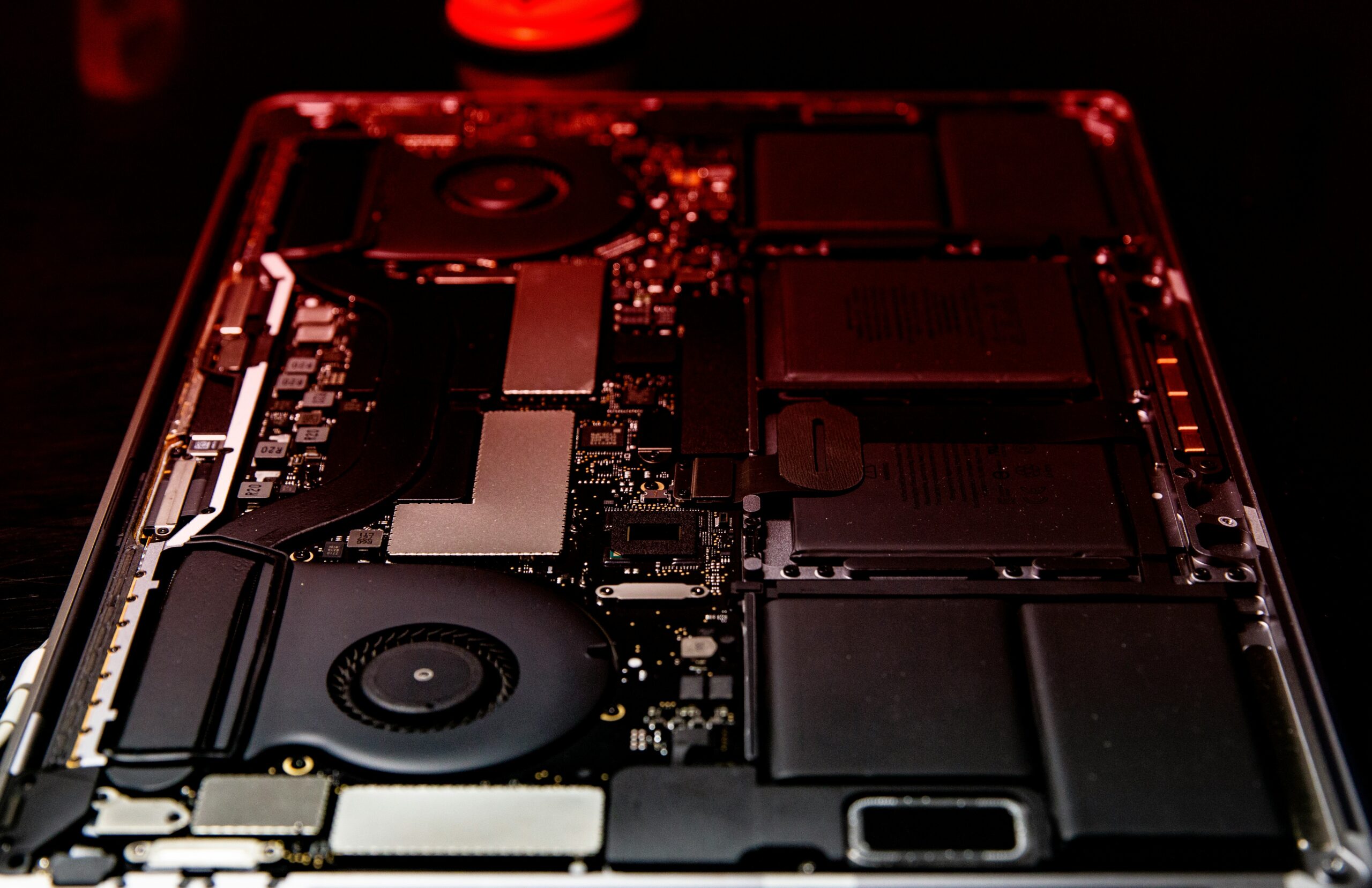Yesterday’s inflation regeneration in Greece at 3.1%, mainly due to energy prices, if the US President Donald Trump promises, will only be the beginning. This is for the time being the main fear that has hit the markets yesterday after activating the first duties to Mexico, Canada and China. Prices go up when the market supply chains are interrupted. We saw it happening in the pandemic and we paid for it expensive after its end. We continued to pay it even more expensive after Russia’s invasion of Ukraine when significant energy corridors were lost. The same is getting ready to be done now.
In this case, US supply chains with Mexico and Canada are very powerful. A duty exchange war will be accurately on both sides, namely inflation and loss of many jobs not only in countries that will accept Trump duties but also to US export companies that will accept the countermeasures of the two countries. The US president says he will face the problem with tax cuts, which will be covered by increased duties. Only in order to succeed this, the reduction of taxes had to precede the increase in duties. Now in the way all this is done, prices will increase with certainty first in the American economy, and jobs may be lost. If it chooses, it seems to do so, to generalize the measure by expanding the duties to the European Union and Japan, that is, to a large -scale trade war scenario, then the World Trade Organization has predicted a destructive double -digit loss of the world. So the problem will become global. Under no circumstances like the ones he promised do not appear in the near future.
The first blow to the global economy is expected to be a “Pyrrhic” victory of Trump, which may come from rising energy prices. The US is already the largest oil and gas producer in the world and will be favored in this possibility. In the long run, however, no. Large economies, such as the EU and China, have progressed to their electricity, based on cheap renewable energy sources, and this will create an advantage in the course of their re -engineering.
In this scene, the Greek economy seems to be still in its “bubble”. And this is excellent for as long as we endure. Yesterday’s IOBE data and the process of manufacturing (PMI) showed that business confidence continues to improve. The production increase itself for the fourth consecutive month. New orders create conditions for a steady increase in employment. Industry and constructions seem to be pulling the economy and households are paradoxically less pessimism than in the past. They grumble and rightly steadily only for precision, but after a long time they are mainly imported and therefore difficult to manage with domestic tools …
Last news










